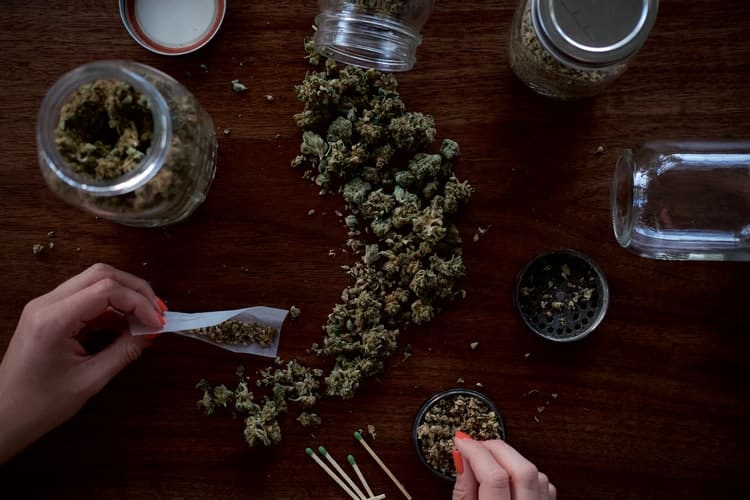Last week, a leak from NSW cabinet led to headlines that the government was “considering” decriminalisation of small quantities of currently illegal drugs. This led to outrage from Police Commissioner Mick Fuller and talkback radio, such that Berejiklian quickly distanced the government from any such reform initiative.
NSW drug law reform has stagnated for nearly 20 years, ever since the opening of the medically supervised heroin injecting room in Kings Cross in 2001. Yet the rest of the world is moving forward.
With marijuana already legal in the ACT, Canada, South Africa, Uruguay and Georgia, on US election night four more states legalised recreational use of marijuana. This brings the number of states that have done so to 15, plus the District of Columbia.

In most of these states, the legal changes have passed by ballot initiatives. This allows propositions that receive a sufficient number of petition signatures to go directly to a public vote at the next election.
Only 21 American states allow ballot initiatives, or ballot measures as they are often called. Of these, 12 have now legalized marijuana. Of the 9 states that allow ballot initiatives but where marijuana possession remains an offence, only in Arkansas and Oklahoma is it a criminal offence. In other words, NSW’s drug laws are in line with two of the most hardcore of America’s red states, and less progressive than states like Nebraska, where Trump received 65 percent of the primary vote.
Is NSW really as conservative as Oklahoma? I think the answer is clearly no. The issue is simply that we lack the ability to take drug decriminalisation or legalisation to a public ballot.
That leaves politicians like Berejiklian exposed to the angry and fearful portion of the anti-drug side. By contrast, many of the people who would probably vote yes aren’t too fussed either way, and don’t speak out loudly in favour of drug legalisation because of professional and social sanctions.
Yet every year, 15,000-20,000 people are dragged before NSW courts for possession of non-commercial quantities of drugs. Many of them will have their records permanently marred, especially if they can’t count on an expensive lawyer and a middle-class character reference, thereby making it difficult for them to travel or take up certain kinds of jobs.
These laws need to be changed sooner rather than later. But leave the drug debate aside for a moment, what we really need in Australian states is a ballot initiative on ballot initiatives, so that politicians can get out of the way and we can start thinking in terms of what’s possible rather than what’s “politically possible.”